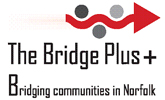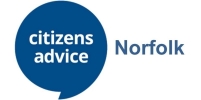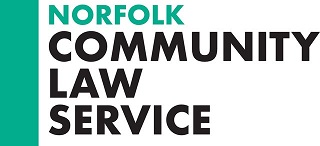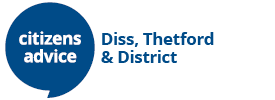The Steering Group
NCAN is led by a Steering Group, made up of senior leaders from the following charities. We meet regularly to discuss advice provision, strategy and ensure the advice sector in Norfolk is working in collaboration, not competition:
You can follow NCAN on Twitter @norfolk_advice
A Day in the Life
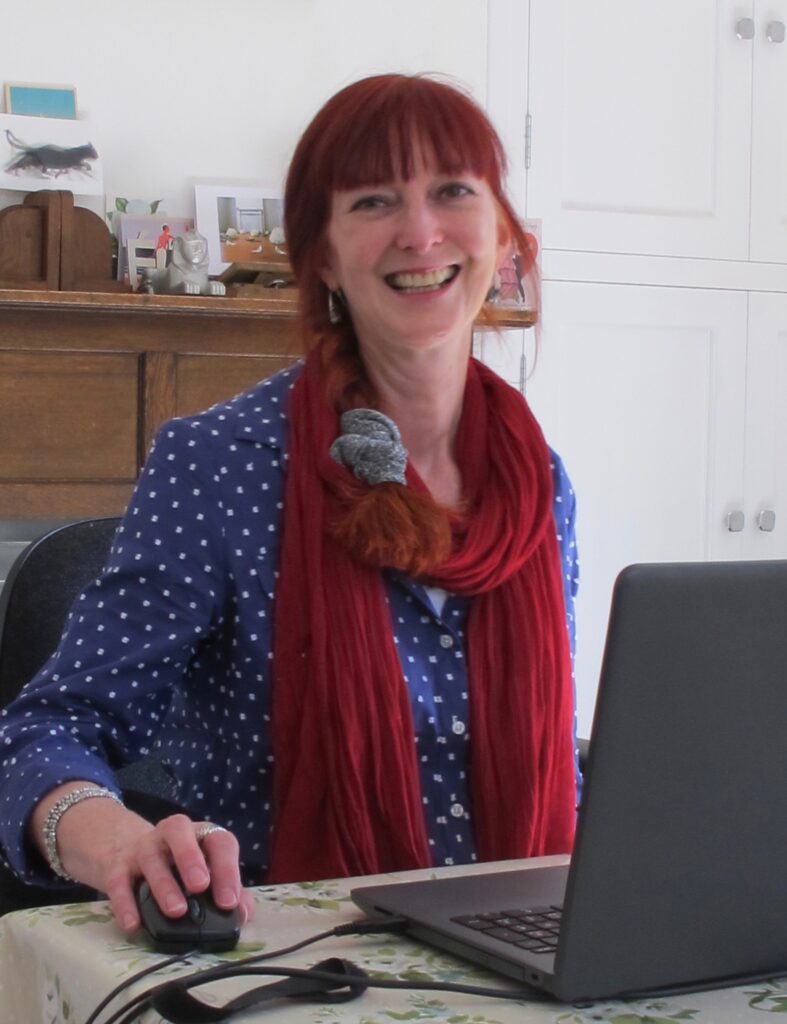
Jo Willingham, Age UK Norwich, Information & Advice Manager
February 2021
My role
I went to UEA and when I graduated, I didn’t want to go back home (I’d experienced independence!). I saw an advert in the local paper to train to be CAB (Citizens Advice) volunteer advisor. I thought I have a natural inclination towards helping people, it appealed to me, and it gave me an excuse to stay in Norwich! I decided to apply and got in. It really got into my bloodstream, this advice work. There was so much to learn and it gave a good feeling of knowing you’d made a bit of a difference. Then I progressed from being a volunteer to becoming paid staff, taking on more aspects including management of debt advice and welfare rights services. My role changed all the time and was very interesting. I enjoyed the teamwork and the “common cause” of making a difference to people’s lives. In 2013 I moved over to Age UK Norwich and I chose it because it’s good being part of a very local organisation, and I liked the idea of focusing on advice and information for a particular older age group (although it felt odd that that 50+ age was considered “old”!). I found I could carry over many of my CAB experiences and Age UK Norwich feels like a similar ethos, working in very similar teams of people. Some of the advice has a different focus though, because often older people need relevant advice on social care, housing, benefits based on pensions income and so on. In the team here we all have a core knowledge and experience, some focus on particular aspects of advice information giving (e.g. social prescribing) but in effect we all do the same thing. I’m much less client facing now, doing more tasks such as passing audits, carrying out checks, keeping people up to date, sharing experiences and knowledge and case examples, and so on. I’m part of the senior management team too which means I have responsibilities for all the usual management things plus we work together closely to lead the team. I cover when people are on leave, particularly for our drop-in service which is all done remotely now (by telephone and email) but otherwise it’s more behind the scenes and management stuff. I’m not so close to the front line as when I started off as a volunteer.
A typical day
I’m in quite a lot of meetings on Teams/Zoom at the moment and they are scattered throughout the week. Often I might plan for meetings but other issues will crop up, such as staff issues (such as a request to be furloughed, staff sickness, back-to-work meetings or something HR-related). Every day I’ll be checking our database for action points, checking deadlines and I’m the main contact for NCAN referrals from professionals, so I’d pick up any of those and allocate them to the appropriate person in the team. I’m also case checking and doing data checks on a regular basis. This morning I had a management team meeting and we were focusing on what our goals are for this next year and reviewing what we’ve done so far. We have introduced a “Win of the Week” initiative, to boost and motivate the team while we are all separated and working in our own homes. We are always looking for ways of making everyone in the team to feel better connected and less isolated. Every quarter I have about 7 reports to do for various funders (both narrative reports and stats), there is always one on the go. I might also be working on some information to put on our website and on our FB site. My job is normally a mixture of providing information and a lot of contacting team members, keeping in touch by email or one-to-one catchups online. On top of all the normal things there is a lot of keeping in touch with everybody, because it’s not as easy as when you could just turn around and see everyone in the office. Yesterday we had a whole organisation “coffee catchup” online (we have that every week). This was to replicate those sudden chats among team colleagues around the photocopier. It is usual to have one or two other projects on the go too. I have a funding bid I’m working on at the moment and I’m busy gathering other information that colleagues need.
The issues affecting my work at the moment
With older clients one of the recurring issues is that many are just not linked digitally, and do not have a computer or the internet. It is a big thing, making sure people aren’t excluded to start with. When the Government stopped free TV licenses for all over 75’s, that created lots of worry for those who have now lost theirs (now you need to be in receipt of Pension Credit and many people are close to that income threshold but still don’t qualify for it). Many others need our support to make a claim as they hadn’t realised they might be eligible for Pension Credit. It’s surprising how many people still don’t know about Attendance Allowance or have a misunderstanding about what it is and who it’s for. There is a lot of confusion about how it varies from other allowances for carers. There is a general lack of awareness amongst older people and a feeling that they won’t qualify for Attendance Allowance, often because they’d been told so years ago, yet their circumstances are now very different. This is why I’m keen to encourage older people to get a benefits check. If we can maximise someone’s income they are likely to pay for extra support which will help them to remain independent living in future.
The moment I’ll always remember
A while back we had a client who was basically homeless, he had his suitcase with him when he arrived at our drop-in advice session just before it was about to close for the day. By liaising with our contacts at the local authority, there was an amazing outcome of an offer of temporary accommodation and somewhere safe for him to go that evening, including a taxi to take him there. Our advisor continued to work with someone at the local authority who helped him to find longer-term accommodation too. That is so memorable because it turned around what felt like a desperately grave situation, beginning with a housing emergency and ending well, thanks to our effective work with that local authority. In another situation a gentleman was struggling to pay his gas, electricity and other bills. A benefit check that we did worked out that he was eligible for Attendance Allowance. We helped him to get a higher rate awarded, which in turn led him to getting Pension Credit top up, because of his eligibility for Severe Disability Premium. Whilst that difference in his income wasn’t the “magic wand” to solve all his problems, it did feel like it made a huge financial difference to him. Those two examples highlight the importance of all those partnerships and good relationships we have, and the trust that organisations like the local authority have in our service, so that they are willing to work with us.
What I love about what I do
People often think that advice work is all “gloom and doom”, but you do get some funny moments! I still have that feeling that “I’ve made a difference today”, even if it’s not directly but through the team. We still have that beneficial impact by what we do and how we work. Personally I do quite enjoy all that networking too. I like attending the NCAN meetings and talking to my colleagues in different organisations because they each have a different perspective. I’ve always enjoyed that kind of “people” stuff! For me personally, even the fact that I’m working from home hasn’t stopped me having those links and connections. On the Norwich advice scene there are lots of us who have been around for a long while so there is continuity of advice and a good network. At the heart of what I love about my job is a feeling that I’ve contributed to making Norwich a better place to live for older people, and in being part of community.
One thing I wish every referring professional would know
It helps us to help you if you put more detail into a referral. So often we see referral forms which are just one-liners, so you have no idea what might have happened so far or the person’s circumstances. A good referral is one where you know exactly what you are being asked to help with, including any background information such as whether the client lives on their own, has any health-related issues – particularly if we’re thinking about benefits, what type of housing they live in, any other organisations already involved, what’s happened on this case already and so on). That kind of extra information ensures that a) we don’t duplicate effort and b) we get a clearer idea of what’s been done and where the most urgent help is needed. Even if the professional says in the referral “We’ve tried this already and no outcome so far” that is helpful information to us.
You can follow Age UK Norwich on Twitter @AgeUKNorwich
